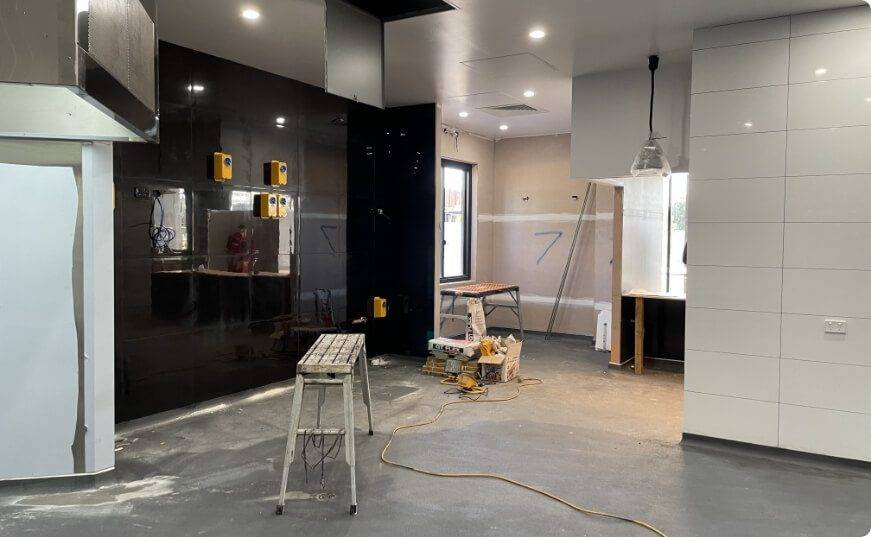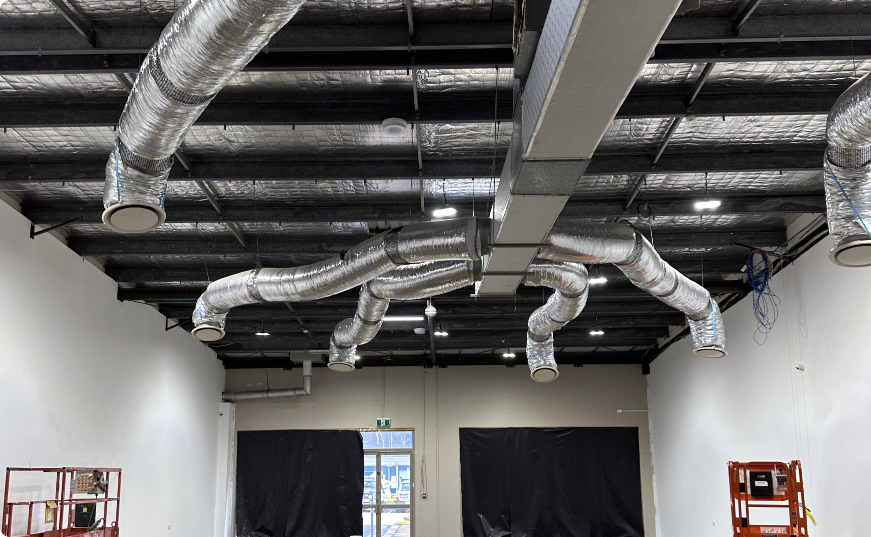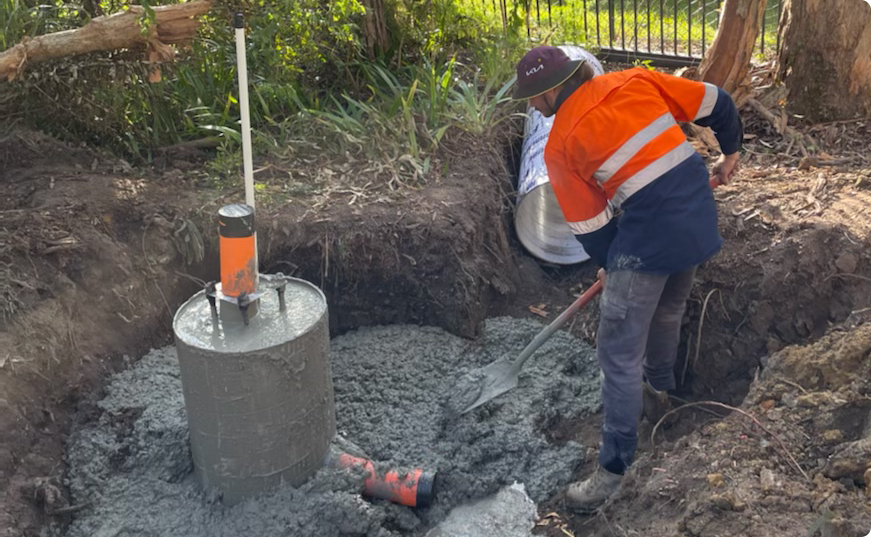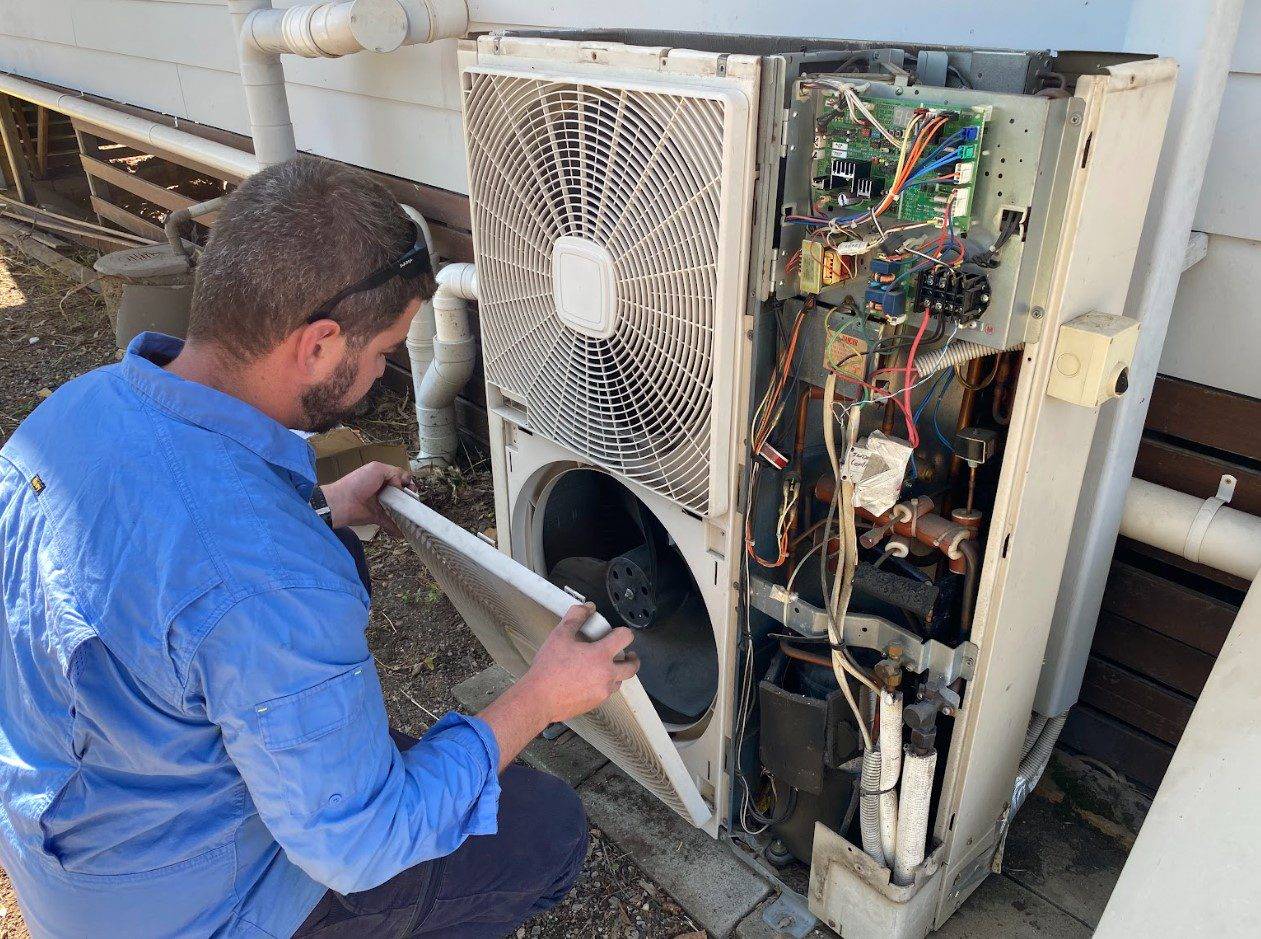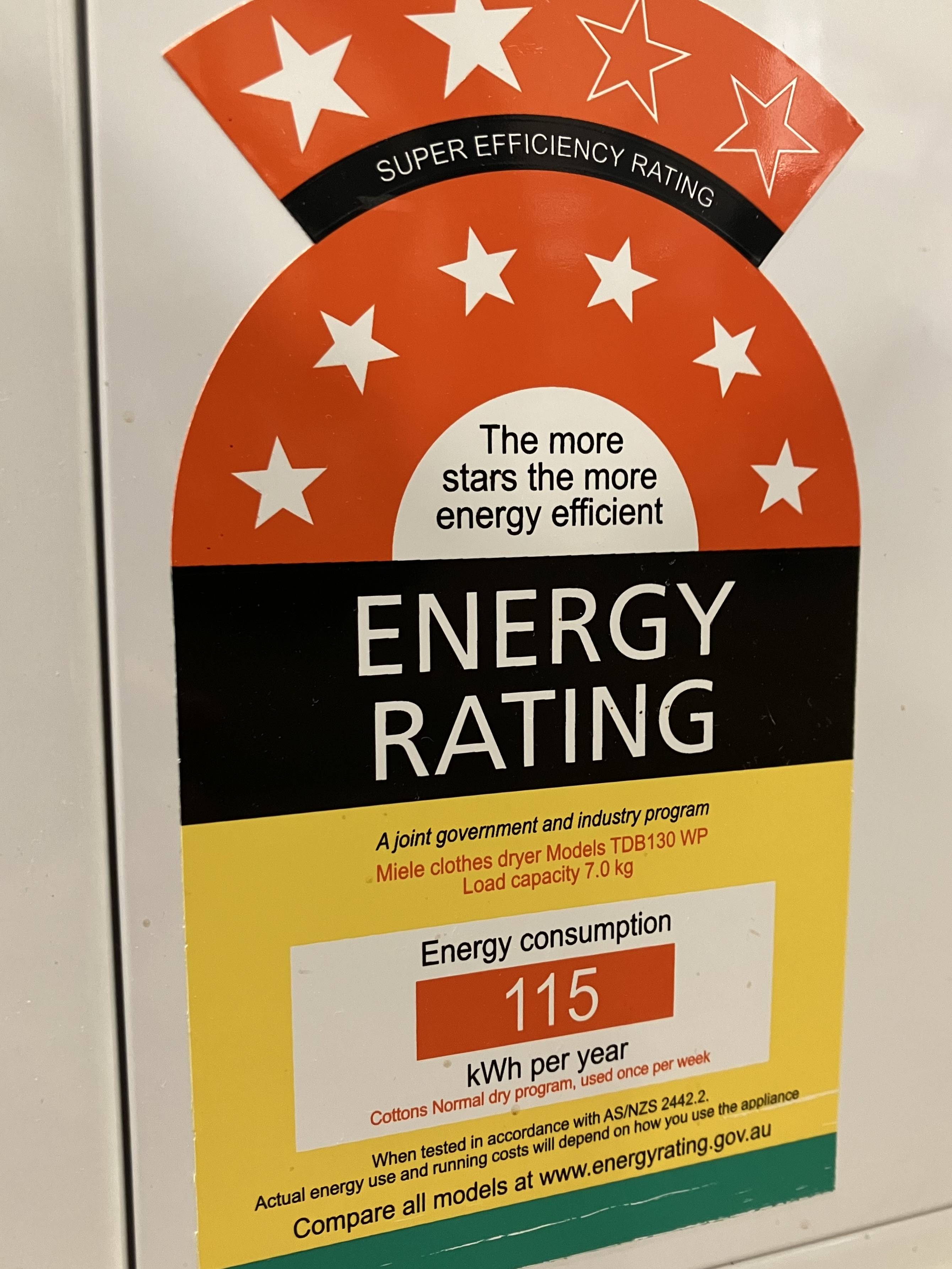Commercial wiring and industrial wiring are two distinct types of electrical installations that serve different purposes and have specific requirements. Commercial wiring is found in buildings like offices, retail stores, and restaurants, aiming to provide electrical power for lighting, heating, cooling, and common business equipment. It has lower power demands, utilises standard wiring components, complies with commercial building codes, and focuses on aesthetics by concealing wiring within structures. On the other hand, industrial wiring is used in large-scale manufacturing plants, warehouses, and power plants. Its purpose is to supply electricity to heavy machinery, motors, high-voltage equipment, and industrial processes. Industrial wiring has higher power demands, employs heavy-duty components designed for industrial environments, prioritises safety with additional features like emergency shut-offs and grounding systems, and is built for durability and frequent maintenance.

















